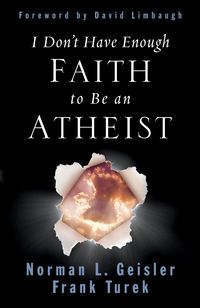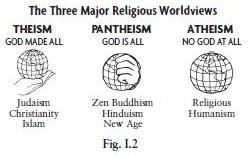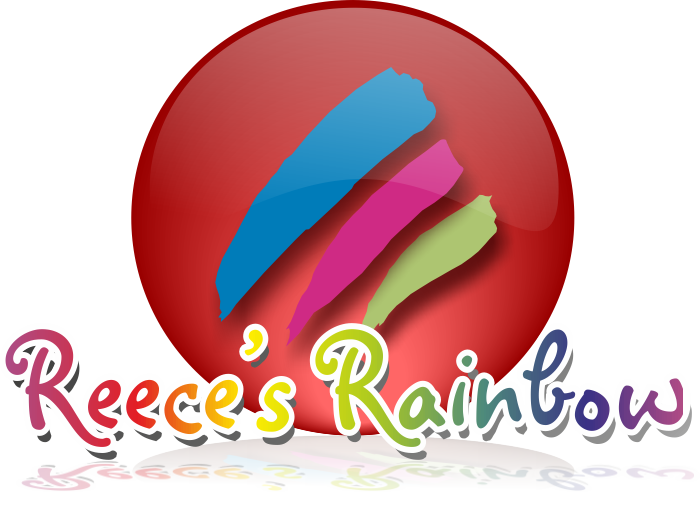It is sort of funny that we have this book to review right now. A friend of mine who has Facebook, but doesn't use Facebook....if you know what I mean....just posted this quote from C.S. Lewis...

And, at our church youth group meetings, they have been playing a game where you have to pick a side in a debate and defend your position. They questions would be something like - If you are a Christian and are following God faithfully, will anything bad ever happen to you? Are you who you hang out with?
So, do you think God wants my family to be able to defend our faith or be able to truly explain to people why we are Christians and why we do the things we do?
I do.
I Don't Have Enough Faith To Be An Atheist was a best selling book back in 2004. Since then, the authors, Norman L. Geisler and Frank Turek have created a companion curriculum to be used side by side with the book.

It is published by Apologia.

One thing that all the Apologia books have in common is they really make me think.
Like this, from the Introduction of the book:
In America, truth in religion is considered an oxymoron. There is no truth in religion, we are told. It's all a matter of taste or opinion. You like chocolate, I like vanilla. You like Christianity, I like Islam. If Buddhism works for you, then it's true for you. Besides, you ought not judge me for my beliefs!
The book lays out the evidence for Christianity and that if something is true....then, anything other than that is....false....or wrong. Crazy talk these days, huh?
The book first sorts out some common terminology for the three major religious worldviews.

The book then moves onto a 12 point progression in presenting facts supporting Christianity.
Right after this segment, there was a statement made by the authors that was painful for me.
It made me uncomfortable. But, it was the truth.
"Christians are commanded to know what they believe and why they believe it. They are commanded to give answers to those who ask (I Peter 3:15), and to demolish arguments against the Christian faith (2 Corinthinians 10:4-5)."
I know. No pressure or anything, right?
I sort of like to float along in my little safe bubble of Christianity and being a nice person and leave it at that. But, I am not commanded to float along in my little happy bubble.
They go on to say that Christians don't get brownie points for being stupid. Then, they quote yet another Bible verse at my already uncomfortable self.... :(
Matthew 22:37 - "Love the Lord your God with all your heart and with all your soul and with all your mind."
Yup. All my mind.
So, I guess this means I am supposed to know this stuff too and not just have my kids do it as part of our homeschooling curriculum, huh?
One of the things I like about this book is the use of real life stories to make it more relatable. Or, just real life scenarios that make the point hit home.
One example was at the beginning of the book when they were talking about being open-minded versus empty-minded. And that some questions are, "closed".
Like, George Washington being the first president of the United States. Is that something I should remain open-minded about? No, that would be empty-minded. There is evidence to back up the fact that George Washington was, in fact, the first president of the United States.
That question is closed. Get it?
Other tidbits.....
Truth is absolute. It is not relative. If something is true, it is true at all times and all places.
Truth is something that is discovered. It is not invented. Like the book said, gravity existed way before Isaac Newton figured it out.
So, can all religions be true?
The short answer is no. The long answer....is.....this book! :)
See? Little tidbits.
Or, how about this one?
In talking about "western" logic versus "eastern" logic, they make a point that many people use this argument in talking about Christianity and might say something like, "in the East, we use 'both-and' logic.....which means salvation is not either through Christ or nothing else, but both"....but again, what is true.....is true, no matter where you are.
If you are standing in the middle of a road and a bus is coming....it doesn't matter if you are in the eastern or western hemisphere....you had better get out of the way....because, it is either you or the bus....not both.
It was those kinds of little, I suppose, seemingly insignificant, sentences or stories that made the most impact on me.
It was also pretty fun just reading the chapter titles. Like, Mother Teresa vs. Hitler; The Top Ten Reasons We Know the New Testament Writers Told the Truth; or my favorite.....New Life Forms: From the Goo to You via the Zoo?
Ha!
Okay, so I mentioned earlier that this book now has a corresponding curriculum that we have been using.
It is designed for high school students, so D-man is the only one actually trying the curriculum. It is designed to complete a chapter and the workbook lesson every 2 to 3 weeks....which should take up most of our year.
Here is the cover of the workbook.

Get it?
Cutting off your own blindfold.
The workbook is set up so you work through the book piece by piece and really have to think about what you have read. It has each lesson divided things into four sections:
Hook - Reminds you of the stuff you read in the actual book
Book - Takes you a bit deeper into some of the things touched on in the book
Look - Asks you to check things for yourself and not just to take the author's word for it
Took - This is the part that summarizes what you have learned and helps you find ways to apply it in real life
I found the questions really made D-man think and examine what he really believed or felt about certain things. However, that did not come easily to him.
I used the workbook to assign him the weeks tasks...both for reading in the textbook and then what workbook pages he needed to do. Then we would sit down together and discuss his answers....sometimes I had to show him ways he could be more honest and open in his answers....rather than just give the "religious....this is probably what she wants to hear" kind of answer.
I don't think he had ever been asked these kinds of questions before or thought about it in a "defend what I truly believe is true" kind of way.
Actually, it was probably good for both of us. I am reading along in the book with him, but if you wanted to teach this without reading the book, the answers to the workbook questions are available on-line through Apologia website. You do have the purchase the workbook to gain access to this page via a password that is included with your book.
There are also tests that go along with the curriculum that are also available on this password protected portion of the site.
The workbook questions are a mix of definitions and "What do you think?" kinds of questions....which makes what you take away from these lessons very personal. If nothing else, it will make you think.
There are also some mini-biographies mixed in with the questions on people like: C.S. Lewis; Carol Sagan; Friedrich Nietzsche; Stephen J. Gould; the DNA guys (Francis Crick and James Watson; and, even Charles Darwin.
We aren't done with the book yet. It takes some time to delve through the facts that are presented and then examine your own thoughts and feelings on what those facts....or truths....really mean.
You can order the book and the workbook through Apologia. I Don't Have Enough Faith To Be An Atheist is available for $16.00 and the workbook/curriculum is available for $33.00.
See what the other TOS reviewers thought about I Don't Have Enough Faith To Be An Atheist.

Disclaimer: I received a copy of both the book and the curriculum for I Don't Have Enough Faith To Be An Atheist for free, in exchange for an honest review.




















0 comments:
Post a Comment